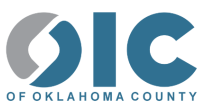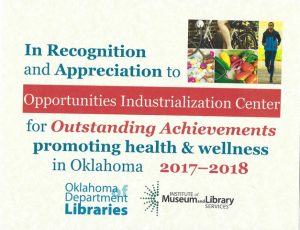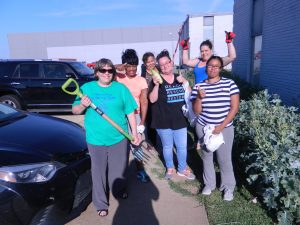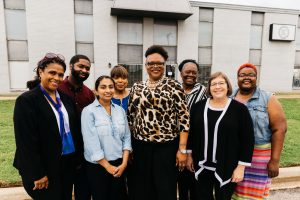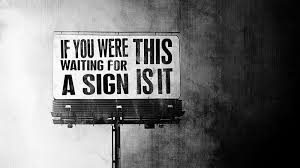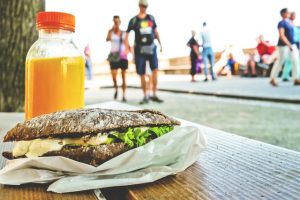Health Blog
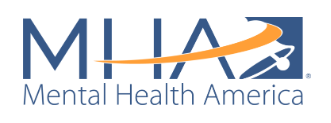
From Mental Health America
Since the start of the pandemic, more and more people are talking about mental health. An increasing number of folks are starting to see it for what it is: one important component of your overall health and well-being, just like your physical health. But mental health conditions, resources, and conversations can still feel complicated and out of reach.
Are there common warning signs for mental health conditions or crises? Specific factors that can lead to mental health conditions or even crises? What resources are out there – and how do I know if they’re right for me?
Many people are learning about mental health topics for the first time. Having a widespread understanding of the topic can help you be more informed if you or someone you know is experiencing a mental health condition or crisis. Around half of people in the U.S. will meet the criteria for a diagnosable mental health condition at some point in their life, so everyone should know what to look out for.
Everyone should have the support needed to thrive. Communities that have been historically and presently oppressed face a deeper mental health burden because of the added impact of trauma, oppression, and harm.
There’s often no one single cause for a mental health condition. Instead, there are many possible risk factors that can influence how likely a person is to experience a mental health condition or how serious the symptoms may be.
Some risk factors for mental health conditions include: trauma, which can be a one-time event or ongoing; your environment and how it impacts your health and quality of life (also known as social determinants of health like financial stability and health care access); genetics; brain chemistry; and your habits and lifestyle such as a lack of sleep.
Of course, understanding the risk factors for a mental health condition can be more difficult when it’s your own mental health. Take time to ask yourself about your thoughts, feelings, and behaviors to see if this is part of a pattern that may be caused by a mental health condition. Here are some questions to get you started:
- Have things that used to feel easy started feeling difficult?
- Does the idea of doing daily tasks like making your bed now feel really, really hard?
- Have you lost interest in activities and hobbies you used to enjoy?
- Do you feel irritated, possibly to the point of lashing out at people you care about?
Our society focuses much more on physical health than mental health, but both are equally important. If you are concerned about your mental health, there are several options available. You are not alone – help is out there, and recovery is possible. It may be hard to talk about your concerns, but simply acknowledging to yourself that you’re struggling is a really big step.
Taking a screen at mhascreening.org can help you to better understand what you are experiencing and get helpful resources. After that, consider talking to someone you trust about your results, and seek out a professional to find the support you need.
While you may not need this information today, knowing the basics about mental health will mean you’re prepared if you ever need it. Go to mhanational.org/may to learn more.
Read More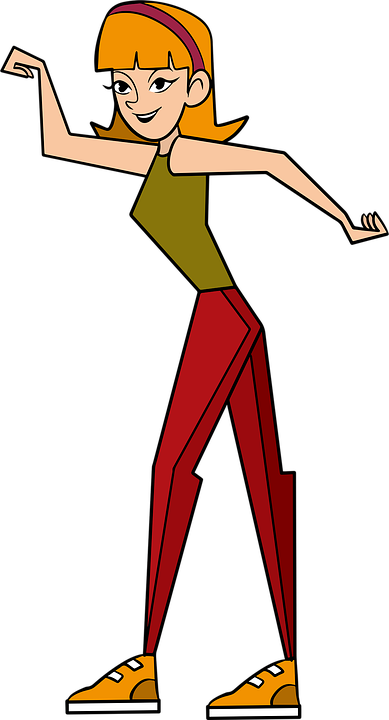
Silly Walking and Other Tips
Welcome back! Get up and do a happy dance with me. Come on now – get up. Celebrate with me! I’ve lost 2 pounds. Yeah me . . . happy dancin’ . . !
Last week was a busy week for me. I became a Master Wellness Volunteer through the OSU Extension office. The OSU Extension office offers a 5-week program covering information on nutrition, weight loss, hydration, aging issues, exercise and more. It is an excellent program offered in OKC and Tulsa. If you are interested in wellness and helping the community, take a look at the Master Wellness Volunteer.
Onward to learning something new. Did you know that we need to get at least 150 minutes of moderate activity a week to lose weight? That really breaks down to about 20 minutes a day which sounds more manageable – I can do 20 minutes a day. Notice I didn’t say exercise but used the word activity. When I imagine exercise, I think of hours in the gym. I don’t want to go to the gym. But I do want to move!
The other participants of the Changing Your Weighs program and I have two classes under our belts. I highly recommend this program: Karen Massey, Community Educator Coordinator for INTEGRIS Community Wellness has been our presenter. And she is awesome! She makes learning fun.

Changing Your Weighs is not a fad or a quick fix. Weight loss takes work, but the information shared in the program is valuable and makes sense. My goals are simple: I want to feel better, become healthy, have the ability to cross my legs (ah . . . simple pleasures), walk without breathing heavily, and to inspire others. All it will take is exercise and healthy food, right? I have set a weight loss goal of 25 pounds and will be monitoring it by weighing in as well as tracking my waist measurements.
“The federal guidelines define physical activity in a very basic way. Essentially, physical activity is any form of movement of the body that uses energy. Remember that Energy is a synonym for calories.”
— Changing Your Weighs, page 43.

I set reminders on my phone to get up and move throughout the day. I like to dance to lively music – usually I do this at home . . . alone, where no one can see me. At the office, I ‘silly walk’ (fun energetic walking of your own interpretative style) down the hallway or I do Tai Chi in the quiet of the elevator.
Check out this workout from the Washington Post for quick workout moves at the office. If you need to get off your ‘duff’, this is a fun way to do it. It even rates for difficulty and sweating levels. If you are concerned about being humiliated, it rates that too!
I use MyFitnessPal.com through my phone and computer. It helps me monitor my weight, food intake, goals, measurement, exercise, nutrition and water intake The basic app is free, and there is a lot of information included, such as delicious recipes and great tips. There are plenty of phone apps that help track weight loss. Let me know if you use something else. I might like it better!
Before starting this weight loss program, I monitored my food intake in order to become aware of what I was eating. I am now eating 500 less calories a day. It isn’t difficult and I’m rarely hungry. Starvation isn’t the way to lose weight – you must fuel your body to lose weight with healthy food.
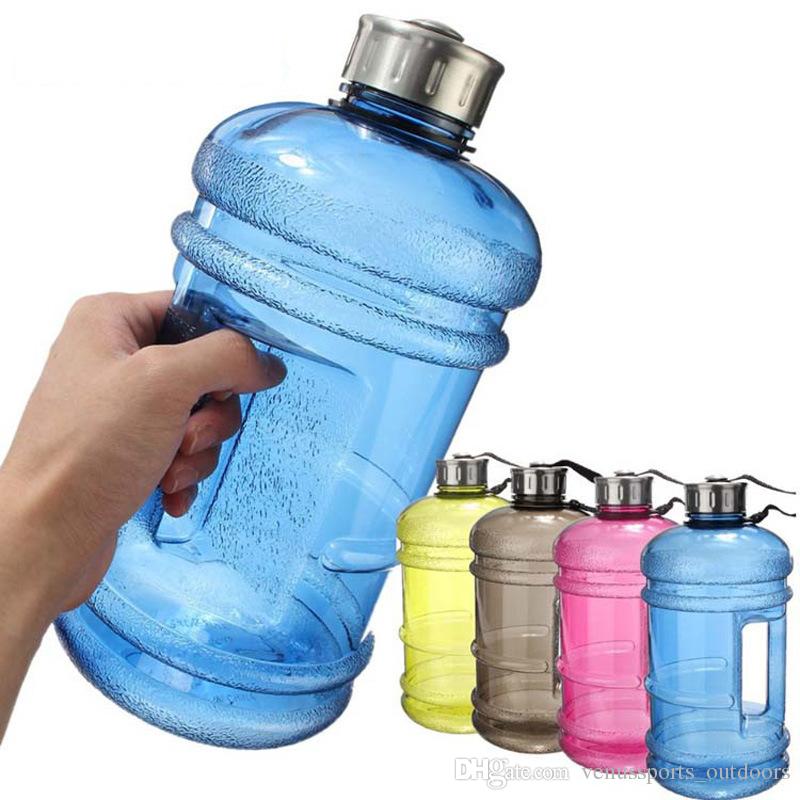
In addition, I have increased my water intake. I take a large 64-ounce container of filtered water to work. I drink it throughout the day and into the evening. This helps me track my water intake and is a reminder that I need to drink. It also helps increase my movement – to you know where!
Sitting here typing should help me lose weight right? I better get up and do some silly walking. Care to join me? Until next week . . . may the movement be with you!
Read MoreLet’s get this Weight Loss party started!
There is something you need to know about me, I am fat. Actually, my doctors refer to me as being morbidly obese, that means really fat! Morbid obesity puts me at risk for heart disease, Type 2 diabetes, asthma, osteoarthritis, stroke and death, yes, Death!

After four TIAs (mini strokes), a full stroke, a brain aneurysm, brain surgery, stomach surgery, and countless hospital stays, I have realized that I really don’t want to die. Not yet! I want to meet my grandchildren, when they’re born. I want to grow old gracefully, learn things, go places, and read lots of books!
I am approaching my 60th year. Yes, I said 60! Dear ol’ Number 60 has been thumping my forehead, asking in a not-so-gentle way, “What are you going to do about your health? Do you really want to die? Do you want to continue to live in pain, worry about strokes, or wonder about the next health problem? Meekly I answer, “No, of course not.” “So Blair,” says Number 60, “It is your choice. What are you going to do about it?”
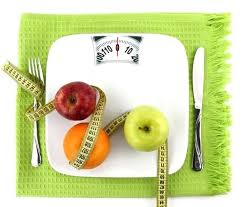
Sheeseh! All right already! But I don’t like exercise. I actually hate it! Alas, I do need to move! I really like food, sweets especially, yet I fancy myself a healthy eater. But am I, really?
Fortunately, help is on the way. Beginning March 11, INTEGRIS will partner with OIC’s Health Literacy Program to offer Changing Your Weighs, an 8-week weight loss program. The program covers healthy weight loss, exercise, nutrition information, fad diets and more. I am going to try the program on for size and I am excited! I have lost a lot of weight over the years and gained it back. I have never participated in a group program like this before and as I put myself ‘out there’ with this blog, it will force me to be accountable.
Please join me at OIC’s Blog page and follow my journey of discovery, health, weight loss, and get-off-my-booty exercise. I will share ideas and tips for a healthier lifestyle, success and challenges. Stay along for the ride, and be the first to see a healthier me!
OIC’s Health Literacy Program is brought to you by the Oklahoma Department of Libraries, the Institute of Museum and Library Services, and INTEGRIS.
Read More
On average 10 learners in every classroom don’t have access to nutritious and affordable healthy meals. Food insecurity is a systemic problem in OKC and OIC is not excluded – we struggle to feed our families healthy meals.
For many of our students, the healthiest meal they eat during the week is provided by the federal food stamp program (SNAP) Today government assisted food programs like SNAP ARE BEING DE-FUNDED. Many hard working people are reliant on schools, food banks, churches for food assistance.
Health Literacy programming coordinator Blair Lanning says “We provide our community of adult learners with tools and resources we all need to live healthy, sustainable, lives.”
OIC Volunteers give back to our community by sharing real life skills, which learners can take home to nourish their own families. OIC’s health and wellness programs are available for the whole community. Community partners and volunteers help strengthen our community by sharing information like:
- Healthy Cooking Demonstrations
- Nutrition Talks
- Medical Literacy (blood pressure & mental health)
- Exercise (yoga & Tai Chi)
- Meditation (essential Oils & mindfulness)
- Gardening Skills
Health education programs teach sustainable life skills which promote health literacy throughout our community. We have plans to expand our health literacy programs next year by partnering with OSU master gardeners and eventually building out our space to include a fitness room.
OIC health literacy programming prevents hunger, generational poverty, and chronic diseases within our community.
OIC Executive Director, DesJean Jones says, “As we prepare citizens for their next steps through GED and computer training, healthy living and nutrition must be a part of the equation.”
Please consider making a donation to OIC today! Your support will helps us grow our programs. We need your donation today to fuel our future tomorrows.
Read More
Reading is the key focus at OIC; students are encouraged to read books that interest them. We believe that reading is an investment rather than a one-time transaction. Reading is a critical component of learning and navigating messages that we see on a daily basis.
Reading helps learners make connections, exchange information, seek careers, and fosters a love for learning. Lifelong learning is now recognized by educators, employers, and the general public as one of the most important competencies a person can possess. Lifelong learning requires us to embrace opportunities to learn.
At OIC we strive to help others help themselves; students are required to take responsibility for their own learning outcomes. Our brains are malleable, we’re not stuck with the brain we got! Our brains are flexible and at the OIC we recognize that our brains grow stronger when we work together.
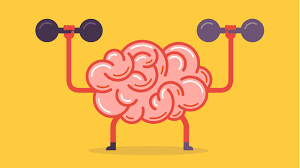 OIC’s Adult Basic Education classes include Brain Train programs. Brain Train helps students develop a growth versus a fixed learning mindset. OIC’s programming like Brain Train Academy helps learners view challenges as growth opportunities.
OIC’s Adult Basic Education classes include Brain Train programs. Brain Train helps students develop a growth versus a fixed learning mindset. OIC’s programming like Brain Train Academy helps learners view challenges as growth opportunities.
Brain Train Academy teaches learners how they learn and it helps to identify an individuals unique learning style. Brain Train Academy also helps learners recognize how to grow their brains, with the use of games, puzzles, and memory tools learners learn how to get the information and knowledge they need to get to the next step.
OIC students learn to be competent effective learners and how to design attainable goals, like passing the GED or HiSET exam for example.
The OIC helps to broaden student’s perspectives through emersion programming. OIC invites community organizations and experts to regularly speak with students on current topics like; health literacy, community resources, and careers. Students at OIC step out of the classroom and into the world to get real-world experience. By volunteering in the community Learners are able to try new things, keep their brains sharp, and learn new skills.
OIC Students are encouraged to strengthen and develop new skills, then take that knowledge and teach those new skills to their families.
Joining OIC’s book club is an awesome way to learn, read, and grow. OIC Learners involved in the book club are encouraged to read with their families. This summer OIC students toured both the Down Town library and Capitol Hill branch to learn more about all the resources that the library offers.
Learners are encouraged to share experiences through writing poetry and bring it all into the classroom. Students are encouraged to share, grow and build a knowledge community. They are also encouraged to take on a growth mindset of a lifetime learner.
OIC’s classrooms are active social environments, which help students learn to work together and communicate. OIC Students are encouraged to recognize their growth, both failures and success stories.
OIC students are individuals that #LearnTogether! Because we are #StrongerTogether!
Read MoreOklahomans have something to smile about with this recent news. We can get all kinds of information from magazines, fact sheets, and journals on health and wellness. Consumer Health Complete is offered through the state library. This is information that you can trust. Sometimes it is hard to know what is good when you do a search in Google.
So the next time you are wondering about the different stages of the flu or you just want to know what happens with fainting, try out your search for information in Consumer Health Complete.
Read More